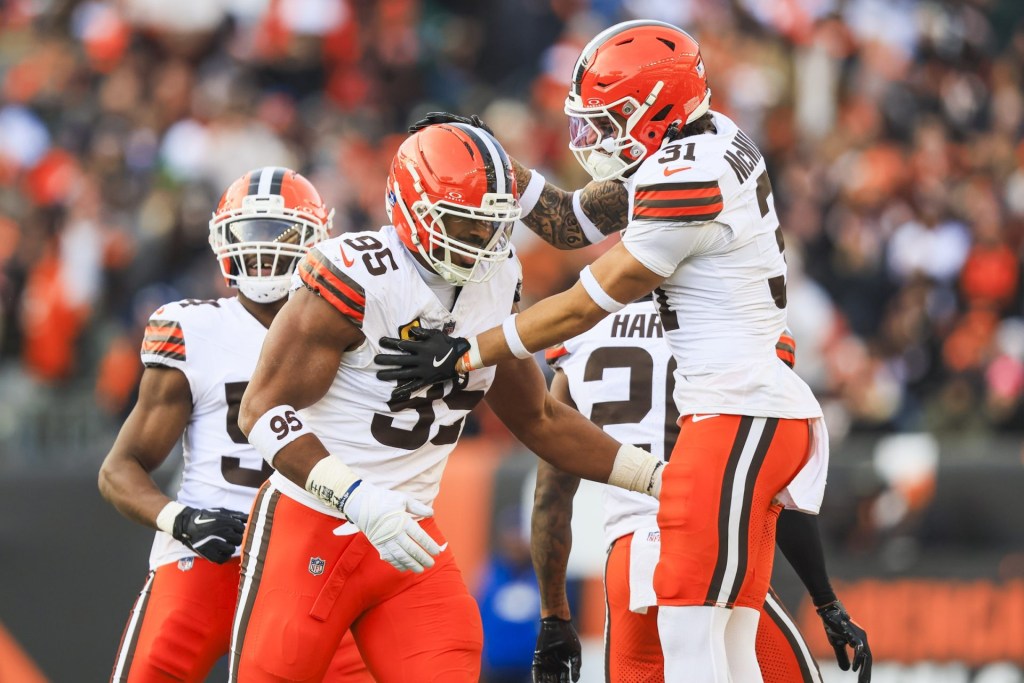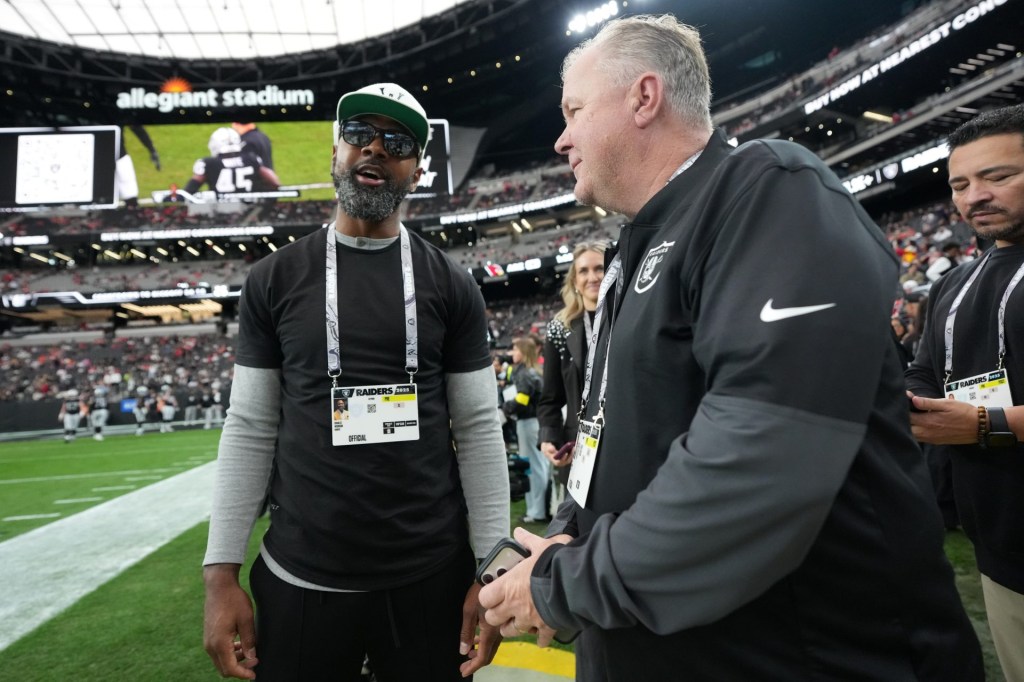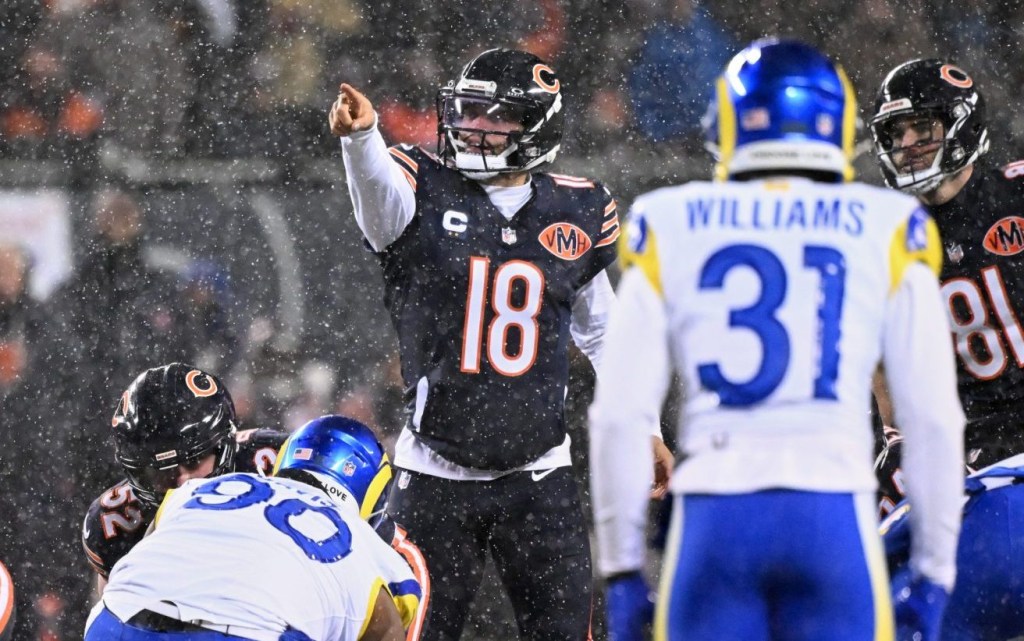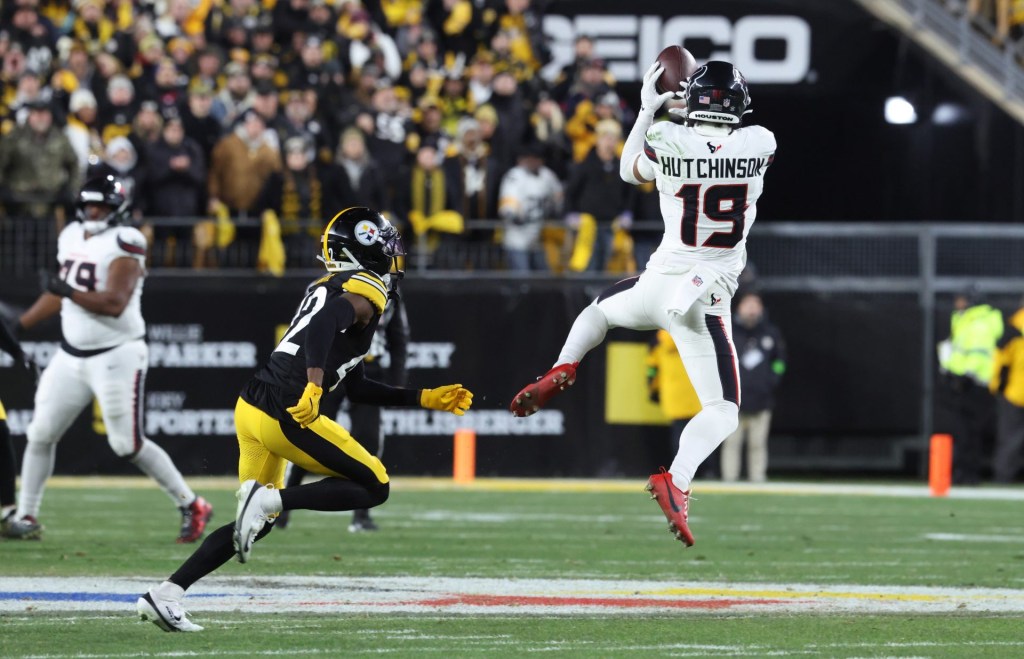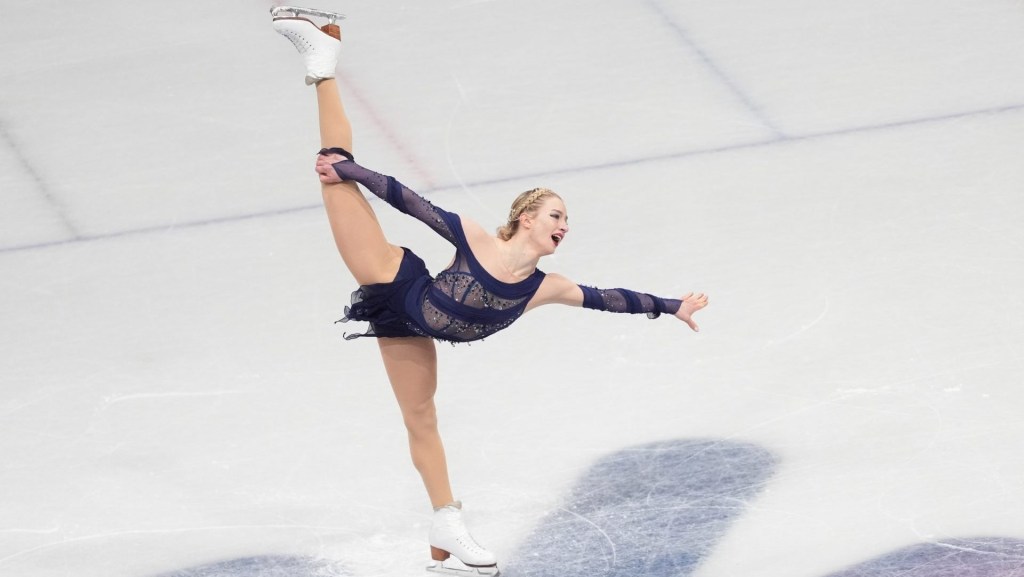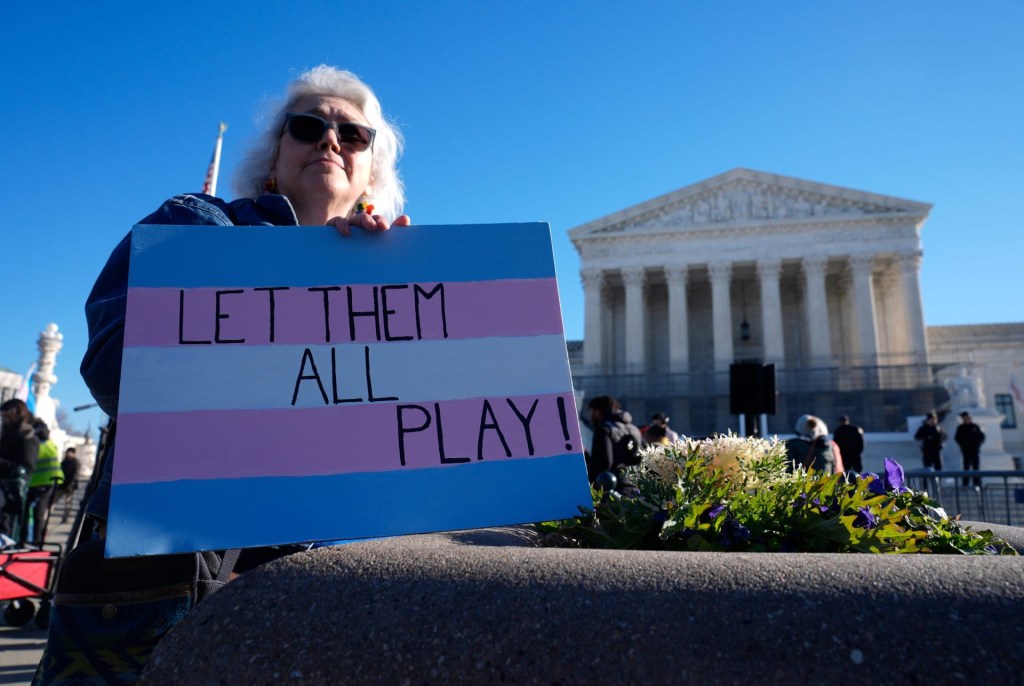Cleveland Browns quarterback Deshaun Watson’s hearing Tuesday will be the biggest test so far of the NFL’s revamped disciplinary system.
Former U.S. district judge Sue L. Robinson — not Commissioner Roger Goodell — will be making the initial decision whether to suspend Watson, who settled 20 of 24 sexual misconduct lawsuits last week.
The league’s new disciplinary system was negotiated as part of the current collective bargaining agreement worked out between the league and the NFL Players Association in 2020.
The league reportedly is seeking at least a one-season ban. The NFLPA is expected to argue that Watson should avoid suspension altogether, even from the baseline six-game ban for “violations involving assault, battery, domestic violence or sexual assault.”
“Typically, you look back on prior precedent, but there is none,” said Dan Lust, a sports law attorney at Geragos & Geragos and New York Law School professor. “There are 20-plus accusers, which hasn’t happened before. Then you look at what this judge has [done in prior disciplinary NFL hearings] and there’s nothing. There’s also nothing with respect to this particular protocol.”
Two grand juries in Texas chose not to indict Watson, although the personal conduct policy doesn’t require a charge or conviction to punish a player.
The NFL submitted its investigative report and recommendation to Robinson already as required by the CBA, a source with knowledge of the situation told Front Office Sports.
Goodell, or somebody he could designate, would hear an appeal filed by the NFLPA once Robinson’s decision has been announced. That appeal would be heard before the start of the regular season, unless the NFL and NFLPA agree on an extension.
“I think the new system will help Watson because it’s a departure from the normal standard, which traditionally has been league-friendly,” said Lust, who co-hosts the Conduct Detrimental podcast. “Anything different is probably a step in the right direction for Watson.”
The prior system — where Goodell was the sole arbiter of the personal conduct policy — had been challenged in federal court multiple times, most notably by Tom Brady (Deflategate) and Ezekiel Elliott (domestic violence allegations). While Brady’s lawsuit over his four-game ban and Elliott’s lawsuit after a six-game suspension delayed both players’ suspensions, the federal courts ultimately reaffirmed Goodell’s authority.
Lust said there’s a good chance that Watson could head to federal court if Robinson metes out a lengthy suspension that is upheld by Goodell.
One argument that Lust noted could work in Watson’s favor in court is his final season with the Houston Texans before he was traded in March to the Browns. Watson appeared on the inactive list each game, meaning he didn’t dress or play a single down while he received his full 2021 salary.
“He was a healthy scratch in his physical prime for a full season,” Lust said. “If I was the PA or Watson’s lawyers, I would say [a one-year suspension] has the optics of a two-year suspension. The NFL could say they allowed him to play by not putting him on the exempt list, but the fact is Watson didn’t play.”

